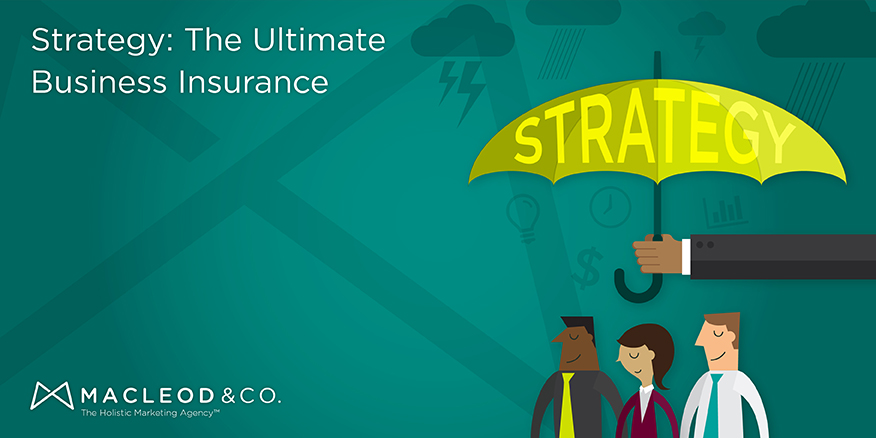Entrepreneurs with the goal to launch the next ‘Uber’ are constantly turning to VCs, colleagues and industry experts for the crucial advice and insights they will need to build a successful online marketplace. It makes complete sense as many of these entrepreneurs are in uncharted territory. The sharing economy has significantly impacted the startup world, creating 17 companies that are now hailed as ‘unicorns,’ with valuations of at least a billion dollars and employ tens of thousands of people.
The halo surrounding these high profile companies can fade very quickly if the founders realize, often too late, that they neglected a very critical step in the growth process.
The missing step is simple: Secure a Merchant of Record.
The ‘merchant of record’ (MOR) is responsible for processing payments, distributing the funds from the ‘marketplace buyer’ to the ‘marketplace seller,’ pay all applicable credit card fees to acquirers and issuers for all transactions conducted by the company (via online, mobile apps or infrastructure). The MOR is even more important as the entity is ultimately responsible for maintaining PCI compliance, building sophisticated risk and fraud mitigation systems, anti-money laundering (AML) compliance as well as KYC, chargebacks and even processing sales tax.
With the inherent complexity and accountability to moving money properly, “securing a MOR” is rarely mentioned as a critical step to the successful growth of a sharing economy economy. In your LinkedIn feed of never-ending advice articles on how to market to millennials, you will rarely, if ever, see an article on “finding the right merchant of record.”
So, let’s set the record straight. As a sharing economy business, it is crucial for you to research and define a merchant of record for your company, build the infrastructure yourself or partner with a payments processor who offers MOR status. If you skip this step or put it on your 2017 roadmap, you may unknowingly and severely limit the scale and growth of your business before it really takes off. And if you are beginning to deliver real revenue on top of real payment volume, then re-read the previous sentence.
To break it down, here is an example:
For example, let’s say that you are the founder of a startup marketplace company that brings together worldwide adventure vacations and adventure seeking customers. A customer visits your site, selects a sailing adventure vacation in the Caribbean and books online at a cost of $3000. Fast forward 8 weeks and the customer arrives to find that the sailing adventure is really an empty boat slip with no skipper in sight. Obviously, the original sailing company who listed their vacation adventure was a fraudster who was looking to make off with some easy money and used your marketplace site to make the deal. With a busted vacation, the customer, of course, contacts their credit card company to dispute the $3000 transaction and request a refund. Unfortunately, your company has already paid the sailing company. And this is exactly the point of the scenario when you say to yourself, “who is the merchant of record?” And when you realize that the MOR is you…it hits you that your company just lost $3,000 and now must offer a solution to the customer and deal with the chargeback claim that will ultimately cost you more than original $3,000.
Now as a business owner, this one-off scenario may not sound so bad. You are thinking that you can deal with it. Well, take a step back and imagine that your company has exploded and is now booking hundreds of thousands of adventure vacations every year…all over the globe. Sounds great until you realize that your company, as MOR, is now responsible for every customer, every transaction, every dollar and every potential chargeback claim.
The moral of this scenario is that MOR status is more important than ever to successful growth. Whether you are a startup climbing your way to your first million in sales or a hyper-growth company well on your way to unicorn status, it is highly recommended to heed the advice of a payments expert to build the proper infrastructure (customer onboarding engine, KYC, AML, data and fraud tools, payment processing, risk and customer service and chargeback teams etc) or partner with the right payments company.
The right payment partner for your business can act as MOR for your business and inherit the responsibility that has been outlined.
Establishing the merchant of record for your business is a very important business decision; given that 90 percent of all startups fail, it should not be the reason that does you in.
So, while you are trying to figure out how to use SnapChat to reach your preferred influencers, do yourself a favor and read up on “merchant of record.” You will probably assume that it’s little more complicated, yet in my experience, it’s actually easier than figuring out what makes millennials really tick.
Tom Villante is the Chairman and CEO of YapStone, a global provider of full-stack payment solutions for global marketplaces and large vertical markets. YapStone powers online and mobile payments for HomeAway®, VRBO®, and thousands of apartment and vacation rental companies, homeowners’ associations, self-storage companies, hospitality establishments and non-profits. YapStone processes over $17B in payment volume annually and has been recognized for its growth, ranking on the Inc. 5000 list of Fastest-Growing Private Companies for eight consecutive years and named to the Forbes’ List of America’s Most Promising Companies in 2015.









